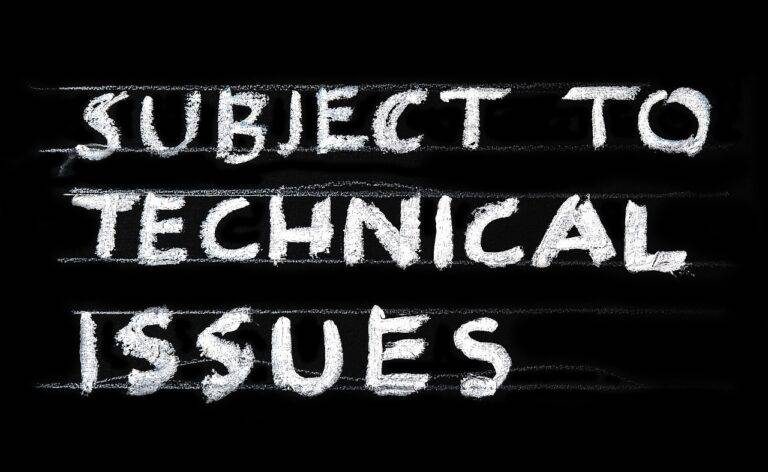The Role of Blockchain in Smart Contract Execution
Smart contracts, powered by blockchain technology, are revolutionizing traditional contract execution by incorporating tamper-proof and transparent features. By leveraging the decentralized nature of blockchain, smart contracts automatically execute terms without the need for intermediaries, ensuring a high level of trust among parties involved. The immutability of blockchain ensures that once a smart contract is deployed, it cannot be altered, providing a secure and reliable way to execute agreements.
Moreover, blockchain adds an extra layer of security to smart contract execution through its consensus mechanism. This mechanism ensures that all parties involved in the contract validate and agree on the terms before they are executed. This decentralized verification process not only enhances the trustworthiness of smart contracts but also reduces the potential for disputes and fraudulent activities. Ultimately, blockchain technology paves the way for more efficient and secure execution of contracts, transforming the way agreements are made and fulfilled in various industries.
The Impact of Blockchain on Automation of Contract Terms
Blockchain technology has revolutionized the automation of contract terms by providing a secure and transparent platform for executing agreements. Through the use of smart contracts, parties can set predefined conditions that trigger automatic actions when met, reducing the need for manual intervention. This automated process increases efficiency, minimizes errors, and ensures that contract terms are enforced accurately and impartially.
Furthermore, blockchain’s immutable nature offers a level of trust and security that was previously unattainable in traditional contract management systems. By recording each transaction on a decentralized ledger that is transparent and tamper-proof, blockchain technology provides an added layer of protection against fraud and disputes. This increased security not only streamlines the contract execution process but also instills confidence in all parties involved, fostering stronger relationships and smoother business operations.
Enhancing Security Measures with Blockchain Technology
Blockchain technology has been heralded as a game-changer when it comes to enhancing security measures in various applications. The decentralized nature of blockchain ensures that data stored within the network is resistant to tampering and unauthorized access. The use of cryptographic techniques in securing transactions provides a high level of integrity and confidentiality, making it a reliable solution for safeguarding sensitive information.
Moreover, the transparent and immutable nature of blockchain ensures that all transactions are recorded in a secure and tamper-proof manner. This feature enhances the security measures by providing a clear audit trail of every action taken within the system. By leveraging blockchain technology, organizations can significantly reduce the risk of fraud, data manipulation, and cyber attacks, thereby enhancing overall security protocols.





